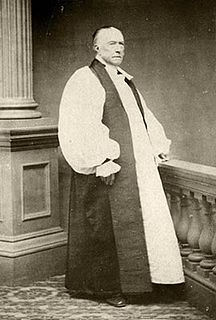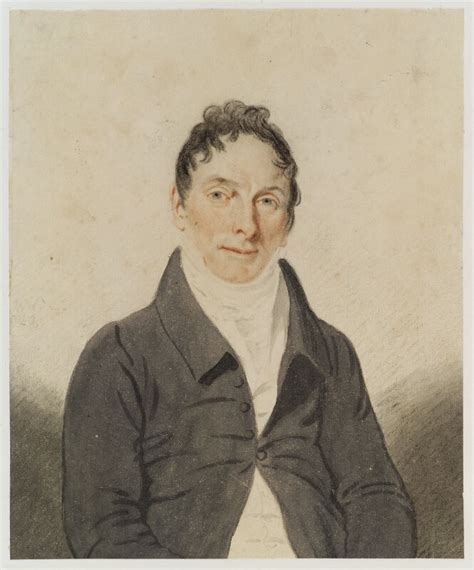A Quote by John Strachan
In this Epistle, the Apostle seeks, with great earnestness, to confirm the Christian converts in the belief of that Gospel, which he had so faithfully preached.
Related Quotes
The old truth that Calvin preached, that Augustine preached, that Paul preached, is the truth that I must preach to-day, or else be false to my conscience and my God. I cannot shape the truth; I know of no such thing as paring off the rough edges of a doctrine. John Knox's gospel is my gospel. That which thundered through Scotland must thunder through England again.
The leap of faith is a strategic impasse that confronts every Christian in search of converts; and, as he sees the matter, there is no wrong way to become a Christian. It is the end that is importnat, not the means; it does not matter why you believe, so long as you believe. For the philosopher, in contrast, the paramount issue is the justification of belief, not the fact of belief itself.
The Apostle Peter preaching on the day of Pentecost of the risen Savior, says, "God hath made that same Jesus, whom ye have crucified, both Lord and Christ." And He speaks of Him as the anointed One, exalted at God's right hand. The Gospel is the Gospel of the Risen Christ. There would be no Gospel for sinners if Christ had not been raised. So the apostle says, "If Christ be not raised, your faith is vain; ye are yet in your sins"
A belief is only a thought that you keep thinking. So as you keep thinking this thought, you keep vibrationally attracting relative to that thought. So you confirm your own beliefs again and again and again and again and again. That's why someone who believes in cancer can confirm that belief, or someone who believes in robbery can confirm that belief. So everything is a sort of confirmation of belief.
I'm going to make a statement that you might not believe; you might even find it offensive. Fortunately, its not just my opinion; I got it from the apostle Paul who picked it up from Jesus - so don't get upset with me! Here it is: You haven't fully preached the Gospel of Christ if you haven't done it with miracles, signs, and wonders.
Apart from it, the incarnation and the ministry would lose all their significance, the crucifixion would be but a martyrdom, and the cross a symbol of the victory of death over life. By the Resurrection it was that the Crucified One was "declared to be the Son of God with power," the great truth on which the Christian's faith is founded, and to which his hope is anchored. That Christ died for our sins is the Gospel of the Christian religion regarded as a human cult. The Gospel of Christianity goes on to declare "That He rose again the third day according to the Scriptures"



































